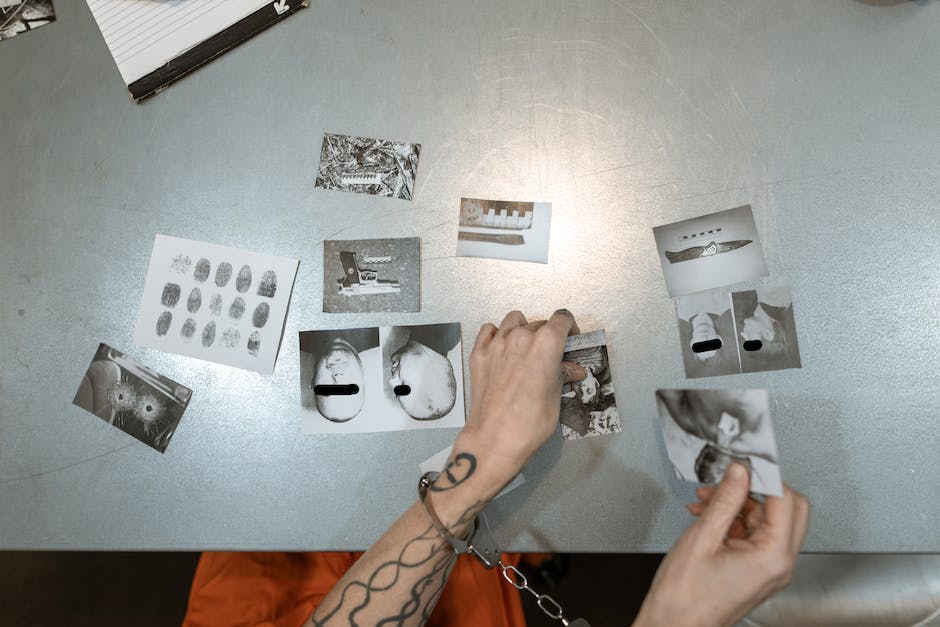As the conversation around criminal justice reform gains momentum, one issue that has been at the forefront is the legalization of cannabis. While some people view cannabis as a dangerous drug that should be strictly prohibited, others believe that the prohibition of cannabis has disproportionately affected marginalized communities and has been a tool of systemic racism.
Legalizing cannabis has the potential to bring about significant changes to the criminal justice system by addressing racial disparities in drug arrests and incarceration rates. It can also generate significant revenue for the government and create new job opportunities in the emerging cannabis industry.
However, the legalization of cannabis also raises concerns about public safety, addiction, and the potential for increased usage among minors. Therefore, it is essential to examine the issue thoroughly and weigh the potential benefits and drawbacks before making any decisions.
Brief explanation of what criminal justice reform is
Criminal justice reform is a movement towards improving the fairness and effectiveness of the criminal justice system. It aims to address inequalities and biases that exist within the system, including racial and socio-economic disparities. Criminal justice reform advocates for changes in policies and practices that will help to reduce mass incarceration, improve police accountability, and promote fairness and equality in sentencing. Legalizing cannabis is just one of the many ways that criminal justice reform can be achieved, by reducing the number of nonviolent drug offenses and their associated criminal penalties. As more states move towards legalization, it is becoming increasingly clear that this step can have a positive impact on the criminal justice system and the communities it serves.
Brief explanation of how legalizing cannabis can lead to criminal justice reform

Legalizing cannabis can be considered as a positive step towards criminal justice reform as it addresses one of the major issues present in the current justice system. The criminalization of cannabis has resulted in thousands of people being incarcerated over non-violent drug offenses. Majority of the people who were arrested possessed only small amounts of cannabis that should not have led to imprisonment. Moreover, the criminalization of cannabis has disproportionately affected people of color, causing severe economic and social consequences in their lives. Legalizing cannabis would help address this problem by reducing the number of non-violent offenses and freeing up resources that could be better utilized in other areas of the justice system. Additionally, legalizing cannabis would provide new revenue streams, creating more job opportunities for people while also generating revenue for state governments. It is high time to reconsider the role of legalizing cannabis in the justice system as it would help reduce racial disparity and provide benefits for both individuals and the country as a whole.
History of Cannabis Prohibition in the United States

Cannabis prohibition in the United States dates back to the early 1900s when states began passing laws restricting the use of the drug. The Marihuana Tax Act of 1937 was the first federal law to regulate cannabis, and it essentially criminalized its use and possession throughout the country.
The law was later strengthened with the passage of the Controlled Substances Act of 1970, which placed cannabis in the most restrictive category of drugs, Schedule I. This classification effectively made possession, cultivation, and distribution of cannabis a federal crime punishable by imprisonment.
Since then, there has been ongoing debate and discussion about the efficacy of cannabis prohibition, with proponents of legalization arguing that it has led to disproportionately high rates of incarceration for non-violent drug offenses, particularly for people of color. Opponents, on the other hand, argue that legalization could lead to increased use and negative public health outcomes.
Regardless of where one stands on the issue, it is clear that the history of cannabis prohibition in the United States has been a complex and multifaceted one, and any discussion of its future must take into account a variety of social, economic, and political factors.
Overview of the history of cannabis prohibition in the United States
Cannabis has a long history of use in the United States, dating back to the 17th century when it was primarily used for medical purposes. However, in the early 20th century, the federal government began regulating and eventually criminalizing cannabis under the Marihuana Tax Act of 1937. This was largely fueled by anti-immigrant sentiments and propaganda campaigns that demonized cannabis use as a threat to public safety and morality.
In the decades that followed, cannabis prohibition led to a significant increase in mass incarceration and disproportionately impacted communities of color. The War on Drugs, which was launched by President Nixon in the 1970s, further intensified the criminalization of cannabis and other drugs. As a result, millions of people have been arrested, convicted, and incarcerated for non-violent drug offenses, including simple possession of cannabis.
Today, there is growing recognition that cannabis prohibition has been a failure and has done more harm than good. Many states have already legalized or decriminalized cannabis for medical and/or recreational use, and there is a growing movement to legalize cannabis at the federal level. In addition to the potential benefits for public health and the economy, legalizing cannabis is seen as a crucial step towards criminal justice reform and addressing the racial disparities that have resulted from the War on Drugs.
Brief explanation of how the war on drugs disproportionately affects minorities

The war on drugs has had devastating effects on communities of color in the United States. Despite similar rates of drug use across all races, Black and Hispanic Americans are disproportionately arrested and incarcerated for drug offenses. This has resulted in a vicious cycle that perpetuates poverty and mires individuals in the criminal justice system. Legalizing cannabis is a crucial step towards breaking this cycle of systemic discrimination and promoting criminal justice reform. By removing cannabis from the list of illegal drugs, law enforcement officials can focus on more serious crimes, and individuals can avoid long-term consequences that come with a criminal record for minor drug offenses.
Cannabis Legalization Across the United States

As of 2021, cannabis has been legalized for medical use in 36 states and for recreational use in 15 states. This trend towards legalizing cannabis is a step towards criminal justice reform, as the war on drugs has disproportionately affected communities of color. The legalization of cannabis can reduce the high incarceration rates for minor drug offenses, freeing up resources for more serious crimes. Additionally, legalizing and taxing cannabis can generate revenue for states and create job opportunities in the legal cannabis industry. However, there are still challenges to overcome, including ensuring equity in the cannabis industry for communities disproportionately affected by the war on drugs and implementing regulations to keep cannabis products safe and accessible to those who are of legal age. As more states continue to legalize cannabis, it remains important to address these challenges and continue progress towards criminal justice reform.
Overview of which states have legalized cannabis

Currently, 36 states in the US have legalized cannabis for medical use, while 15 states and the District of Columbia have gone further by legalizing recreational use as well. The first state to legalize recreational cannabis was Colorado in 2012, followed by Washington, Oregon and Alaska. In 2020, five more states: Arizona, Montana, New Jersey, South Dakota and Mississippi (for medical use only) voted in favor of legalizing either medical or recreational cannabis. With more states considering legalization in the near future, the trend towards cannabis reform is rapidly expanding. However, it is important to note that while many states have legalized cannabis, it is still illegal at the federal level.
Explanation of different types of legalization (recreational vs. medicinal)

There are generally two types of cannabis legalization – recreational and medicinal. Recreational legalization typically allows for the possession, sale, and use of cannabis for non-medical purposes. It may also regulate the sale and cultivation of cannabis for recreational purposes. On the other hand, medicinal legalization allows individuals to use cannabis for medical purposes, with a prescription or recommendation from a doctor. This type of legalization typically requires a more stringent regulatory framework and may involve licensing and monitoring of dispensaries and/or production facilities. Both types of legalization have implications for criminal justice reform, as they may reduce the number of individuals caught up in the criminal justice system for nonviolent drug offenses. However, the specific details and requirements of each type of legalization can vary significantly between states and countries.

